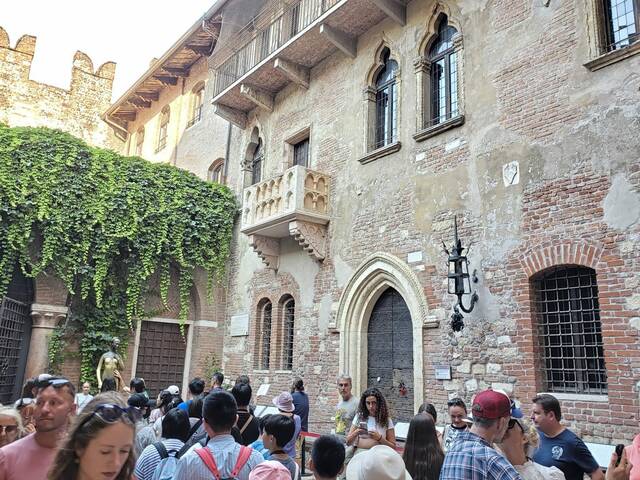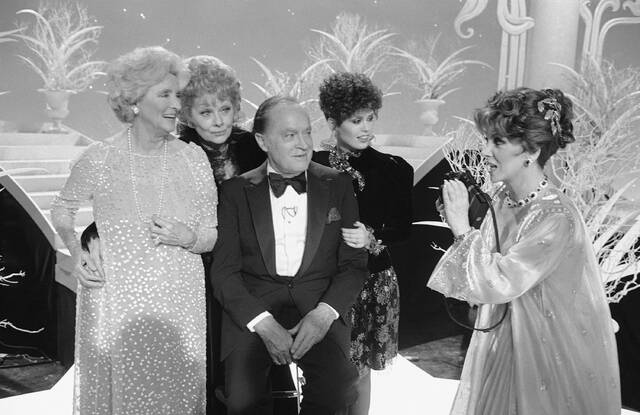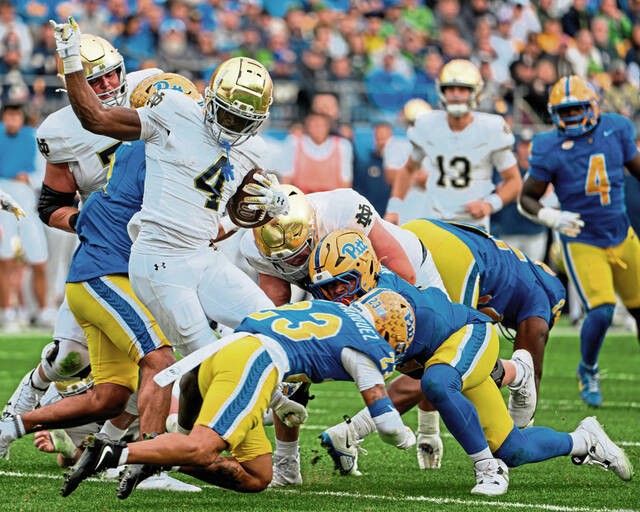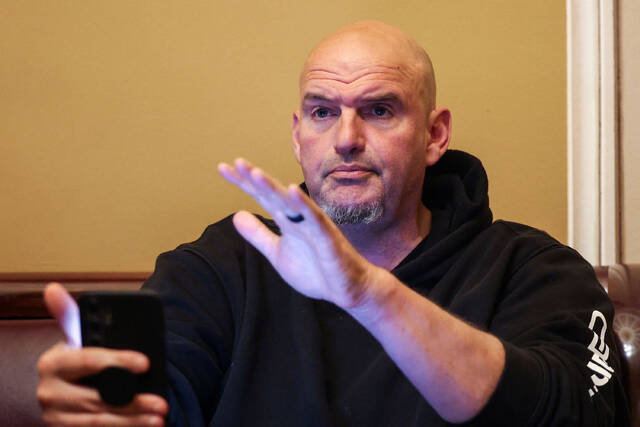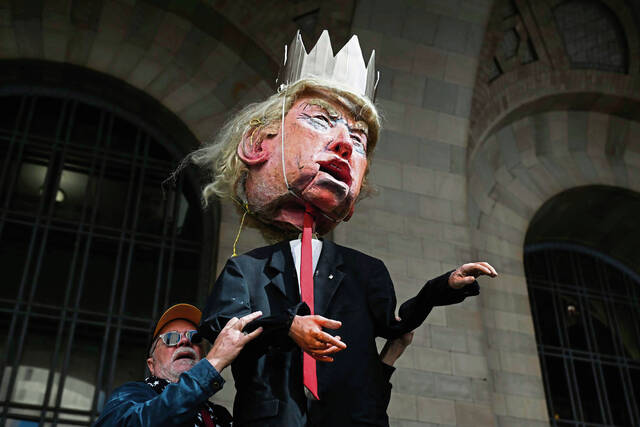VERONA, Italy — For the first time ever, I missed July 4. I was an American abroad, in Italy. I spent the day in Verona and Venice.
I missed the fireworks. At one point late in the evening, longing for my Independence Day celebration, we heard distant music that sounded like the rumblings of a celebration. “Listen!” said my daughter, excitedly.
But it wasn’t fireworks. It was an opera company rehearsing in the town’s stunning Romanesque arena. We strolled over to hear the singers vocalizing. At the open-air Arena di Verona, billed as “the most Italian place on earth,” this summer’s performances include “Aida,” “Rigoletto,” “La Traviata,” “The Barber of Seville” and “Tosca.”
The pre-B.C. town of Verona, like Venice with its gondolas, churches, saints, food, wine, marble columns, stunning architecture at every turn, exudes Italian culture and identity. So does every town from Milan to Lombardy to Bergamo to Padua.
All of which brings me to a July 4 lesson about America.
During an Independence Day discussion, I asked an Italian friend, Andrea — a scholar, historian and political scientist — about the deeper political philosophy undergirding Italy, its constitution and its governance. Andrea loves his native land, but he scoffed. “Paul,” he said in his heavy Italian accent, “you must understand that Italy has nothing like America’s Declaration of Independence, your U.S. Constitution, your Jefferson and Washington and Madison.”
Italy clearly does not. But what it does have is that culture that I tried to capture above. Those traditions have formed and sustained Italy.
Pope John Paul II, a proud Pole, spoke of the crucial element of “memory and identity” to a people. He noted how Poland had been wiped off maps from 1795-1918, carved up by invaders. Poland was resurrected at the Versailles Conference after World War I. But, in truth, it never really disappeared, because the Polish people kept it alive through its culture — the music, literature, traditions and, above all, the unifying faith.
Pope John Paul II, i.e., Karol Wojtyla, understood that acutely. Before he was a pope, he was a poet and playwright and philosopher.
Likewise, memory and identity have sustained and unified the Italian people, which long before they had a country called Italy were held together by a common culture.
All of which again brings me back to America. Can the same be said of our country? I’m not so sure. Our culture shifts constantly, and, more recently, it has really changed quite dramatically — unrecognizably. My wonderful friend Charlie Wiley, who died last year, often lamented to me that the America he knew in the 1930s and 1940s was “simply completely gone.” The smell, the feel, everything. It was a thoroughly different place. I feel that way about the America that I grew up in back in the 1970s and 1980s. The culture of 2020s America is, frankly, something I’ve come to detest. Look at polls, and you’ll see that many Americans don’t feel good about their country anymore.
But, that said, the one thing still holding our nation together are those principles of July 4, 1776. We still have those freedoms of life, liberty and the pursuit of happiness, and, like the American founders, we must fight to keep them. That’s a unifying identity that needs to be more than just a memory.


